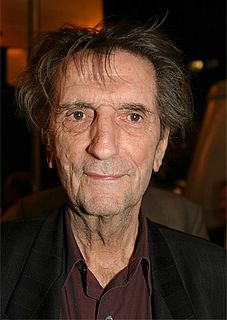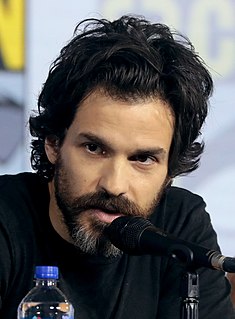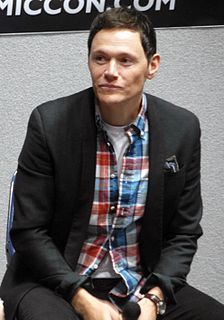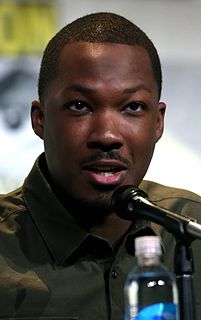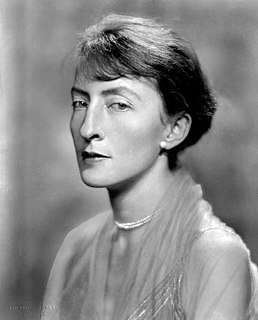A Quote by Harry Dean Stanton
Every actor is a character actor.
Quote Topics
Related Quotes
Every director is always directing around the play. If you have an actor who really doesn't get the character well enough, you have to direct the play around that character. You have to make choices with that actor. If you have an actor that really doesn't get the role and has certain visions of the role, sometimes you have to direct around that actor.
